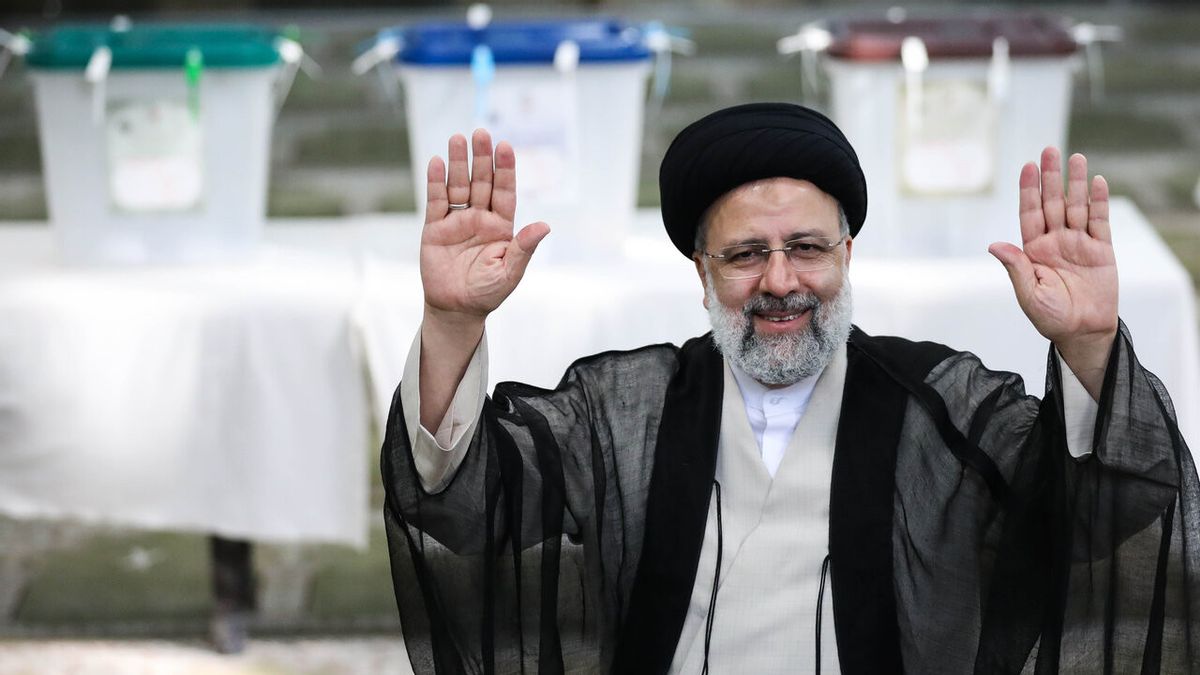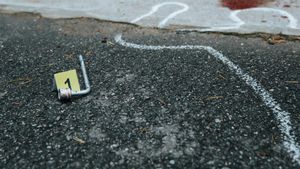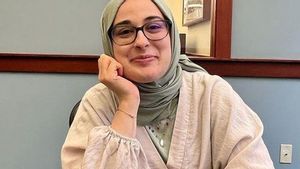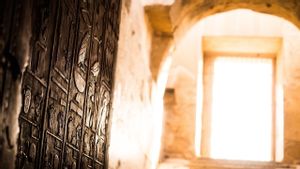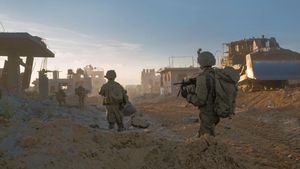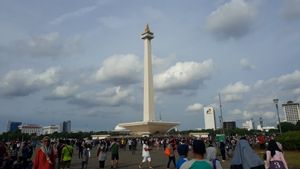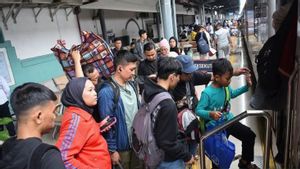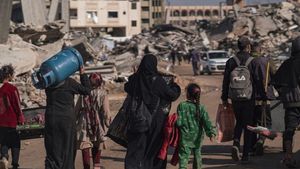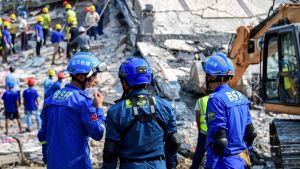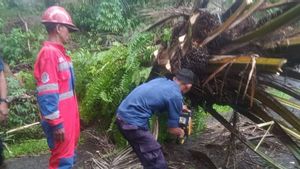JAKARTA - President Ebrahin Raisi has confirmed Iran will avenge the death of a Revolutionary Guards Corps Colonel (IRGC) Sayd Khodai, a day after he was shot dead by two men on motorbikes in Tehran.
"I have agreed that our security forces take this matter seriously, and I have no doubt that revenge for the pure blood of our martyrs will be taken," President Raisi said.
Meanwhile, spokesman for Iran's Revolutionary Guards Corps Ramazan Sharif said the assassination only strengthened his troops' determination to confront Iran's enemies, according to the semi-official Mehr news agency.
"Colonel Khodai's martyrdom strengthens the Revolutionary Guards' determination to defend security, independence and national interests and to confront the enemy of the Iranian nation," he said.
"Thugs and terrorist groups affiliated with global oppression and Zionism will face consequences for their actions," he said.
Khodai was "one of the defenders of the temple", the semi-official Tasnim news agency reported, referring to military personnel or advisers who Iran says are fighting on its behalf to protect Shia sites in Iraq or Syria from groups such as ISIS.
As previously reported, two men on motorbikes opened fire on Khodai, Tasnim reported, while the semi-official ISNA news agency said members of the Israeli intelligence service network had been found and arrested by the Guards.
The killings come at a time of uncertainty over the revival of Iran's 2015 nuclear deal with world powers, after months of stalled talks.
Separately, Sanam Vakil, deputy head of the Middle East and North Africa program at Chatham House, said Khodai's killing was meant to unsettle Tehran as tensions escalate with arch-foe Israel over Iran's nuclear program.
"If Israel is responsible for the attack, it is a reminder of Israel's growing reach and destabilizing capacity inside Iran," Vakil said.
The Israeli prime minister's office, which oversees the Mossad intelligence agency, declined to comment on events in Tehran.
At least six Iranian scientists and academics have been killed or attacked since 2010, some of them by assailants riding motorbikes, in attacks believed to target Iran's nuclear program, which the West says is aimed at producing bombs.
Iran denies this, says the program has peaceful purposes, and denounces the killing as an act of terrorism carried out by Western intelligence agencies and the Mossad. Israel has declined to comment on the allegations.
Meanwhile, Iran's chief judge Gholamhossein Mohseni Ejei said the Khodai attacker would be punished.
Henry Rome of the Eurasia Group said the killing appeared to be Israel's retaliation against the Revolutionary Guards for regional and global operations.
This approach is in line with Israel's strategy to counter Iran's actions not only in third countries but also within Iran itself, attacking what Prime Minister Naftali Bennett called "the head of the Octopus", Rome added.
In March, Iran struck the northern Iraqi city of Erbil with a dozen ballistic missiles in an unprecedented attack on the capital of Iraq's Kurdish autonomous region, apparently targeting the United States and its allies.
Iran's state media said the Revolutionary Guards carried out the attack on Israel's "strategic center" in Erbil, suggesting it was revenge for a recent Israeli air strike that killed Iranian military personnel in Syria.
The English, Chinese, Japanese, Arabic, and French versions are automatically generated by the AI. So there may still be inaccuracies in translating, please always see Indonesian as our main language. (system supported by DigitalSiber.id)
